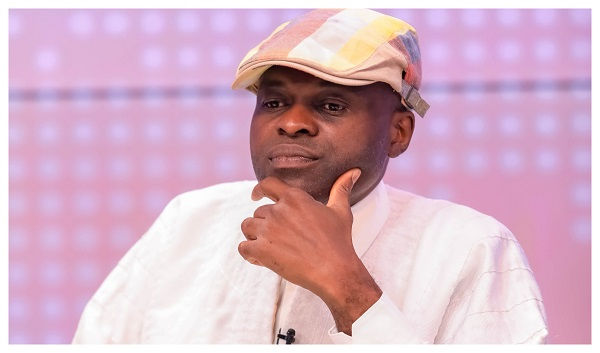Opinion | Why Egypt is welcoming China with open arms instead of the US | South China Morning Post
Egypt has shifted its centre of gravity. China, not the United States, now anchors Cairo’s foreign partnerships. Earlier this week, China and Egypt agreed to deepen cooperation in electric vehicles, electronics and artificial intelligence. Memorandums of understanding were signed to expand investment and support Chinese firms involved in infrastructure development.
In one of the most revealing developments, China State Construction Engineering Corporation (CSCEC) and Egypt’s Arab Contractors agreed on a deal to co-develop and manage major infrastructure projects, locking in a model of state-led expansion with China at its core. The agreement joins two construction giants that are both state-owned and dominant across their respective regions.
This partnership will drive Egypt’s infrastructure agenda and project influence across Africa. More than investment, it is a shared vehicle of state power, aligning Egypt’s development model with China through coordinated ambition and long-term control.
The groundwork for this shift was laid years earlier. CSCEC built and now operates the central business district of Egypt’s New Administrative Capital – which is 85 per cent financed by Chinese lenders. The deal moves China from contractor to co-manager, embedded in the machinery of Egyptian state-building. The result is a model that constructs state capability without compromising autonomy.
Egypt’s bet is based on simple arithmetic: China delivers results without imposing conditions. Cairo is not a recipient but a co-architect, and it has chosen a partnership grounded in mutually beneficial terms. Beijing provides unmatched capital, engineering and execution capacity while Egypt retains direction and control. No lectures, no conditions, no strings attached.
This convergence traces back to 2013, when Egyptian President Abdel-Fattah El-Sisi rose to power and China launched the Belt and Road Initiative. Cairo immediately aligned itself with President Xi Jinping’s vision of infrastructure-driven connectivity, and the dividends have been tangible.











